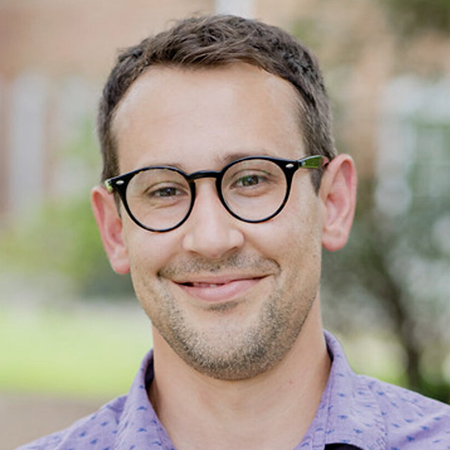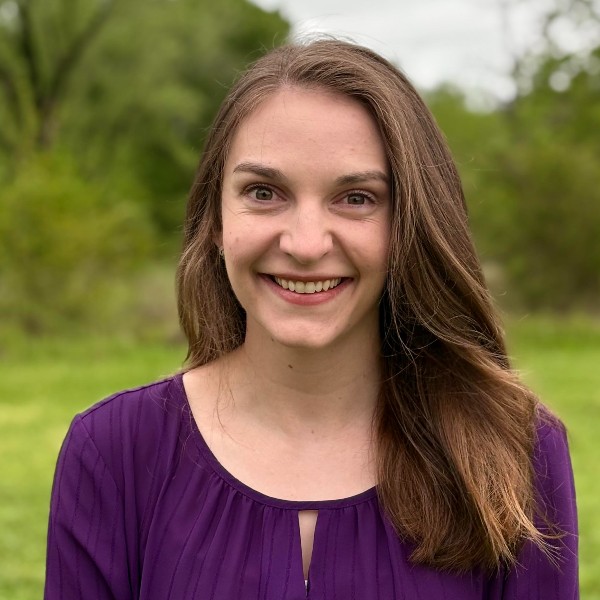Finding abundance in our connection with God and one another
It is especially important in difficult times to understand what an authentically abundant life is and to engage in spiritual practices to sustain it, writes a psychologist who focuses on faith and mental health.




















